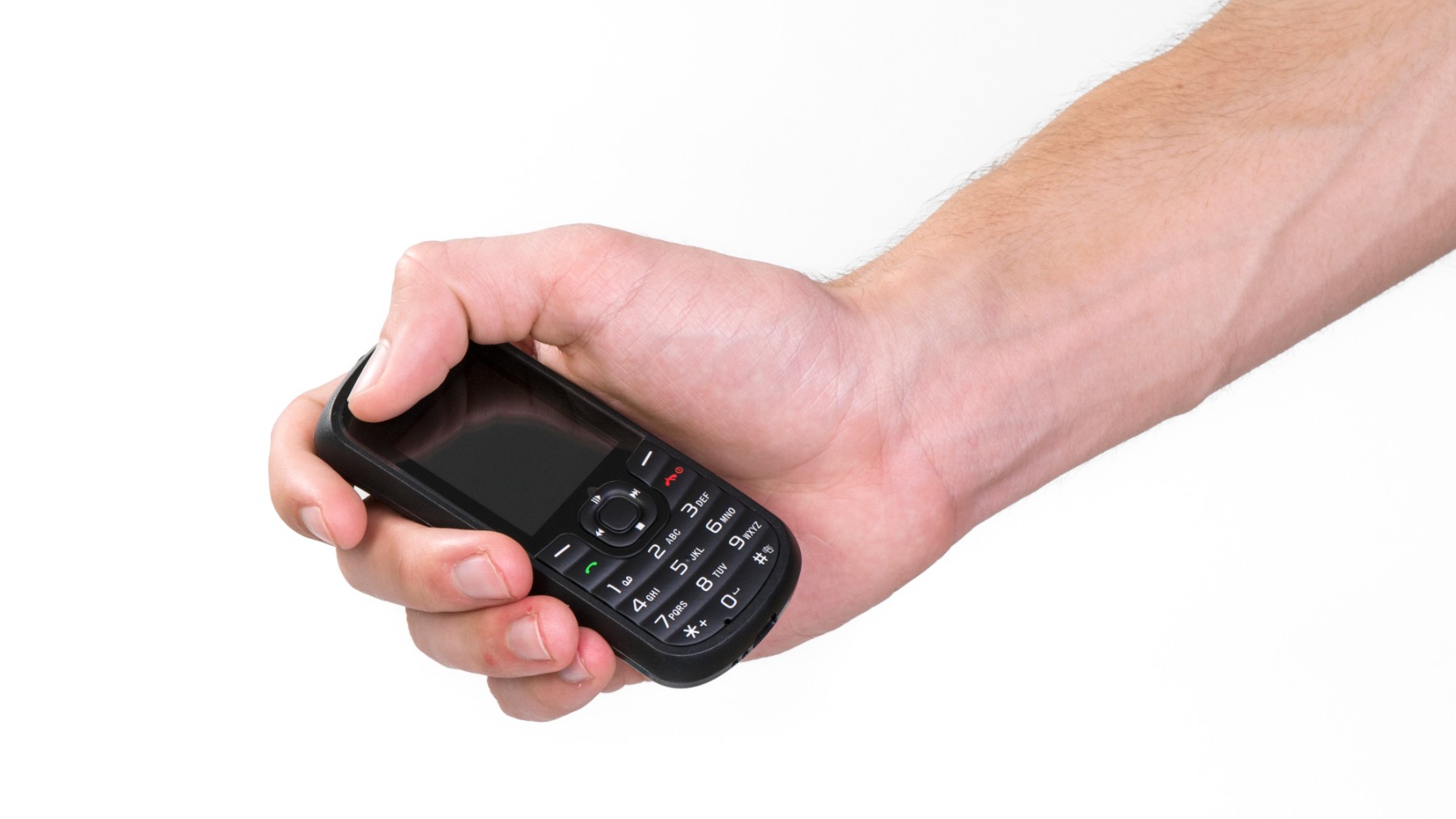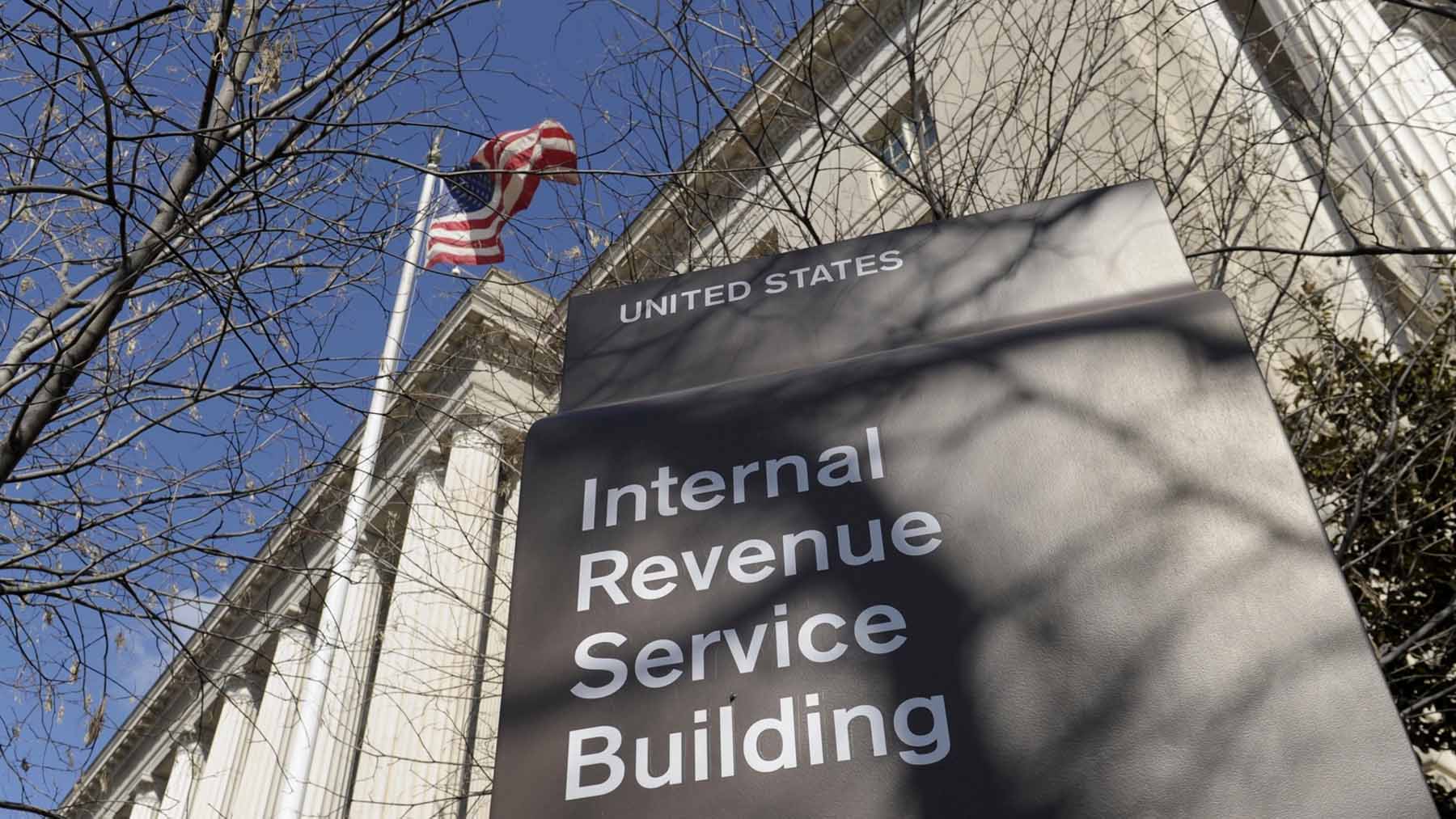In the United States, travelers have recently been carrying a disposable phone to safeguard themselves against digital security issues. Also, border controls are being closely monitored lately, as it is a practice that is within the law and does not give full access to those conducting security checks at Customs and Border Protection. Next, Esha Bhandari of the American Civil Liberties Union (ACLU) recently explained to USA Today that everyone embarking on a journey has the full right to choose what information they want to be known and have on their mobile devices. However, this practice also has its other home. Read on to learn more about this latest trend among travelers at U.S. airports.
The practice has gained popularity in recent years
Traveling with a burner phone is a legal practice that has gained popularity among some travelers crossing the U.S. border. This measure seeks to protect privacy by limiting access to sensitive personal information during electronic inspections by U.S. Customs and Border Protection (CBP) agents, but it also has some risks.
The problem with carrying a disposable phone when traveling in the U.S.
U.S. border authorities are legally permitted to search electronic devices of anyone attempting to enter the country, regardless of immigration status. During these inspections, they can access photos, messages, browsing history and deleted folders without a warrant. In addition, visa applicants must provide their social media profiles for review by the Department of Homeland Security.
Using a burner phone involves leaving the primary device at home and traveling with a secondary one that contains little or no personal data. Esha Bhandari, deputy director of the American Civil Liberties Union’s (ACLU) Expression, Privacy and Technology Project, explained to USA TODAY that authorities recognize that travelers can decide what information they carry with them, similar to how they do with their physical luggage.
Not all risks associated with border controls are eliminated
However, using a burner phone does not completely eliminate the risks associated with border controls. CBP agents have the power to confiscate electronic devices for weeks or even months if a traveler refuses to surrender access. While U.S. citizens cannot be denied entry for this reason, they may face delays or more extensive screening.
Non-citizens, including visitors and persons without defined immigration status, may face greater difficulties. In some cases, they may be turned away if they do not comply with device screening requirements or if the contents of their equipment raise suspicions.
Additional measures to protect information during border crossings
In addition to the use of a burner phone, there are other actions travelers can take to minimize risks.
It is recommended to disable biometric features such as fingerprint or facial recognition unlocking, and use a secure password instead. This reduces the possibility of agents accessing the device without the user’s explicit consent.
Another useful practice is to log out of important accounts before travel. This includes email platforms, social networks and messaging services. Doing so limits access to sensitive information in the event of a review.
It is also suggested to store most data on cloud platforms and keep only the essentials on the physical device. This reduces the amount of information available if the device is inspected.
Activate airplane mode one of the tricks
Activating airplane mode prior to screening prevents agents from accessing real-time content from connected applications. Although CBP policies state that devices should be checked offline, activating this feature prior to screening ensures that this rule is respected.
In April, Canadian agencies advised their staff to travel only with minimal devices or burners if they had to cross into the U.S., in response to increased electronic screening at border checkpoints.









